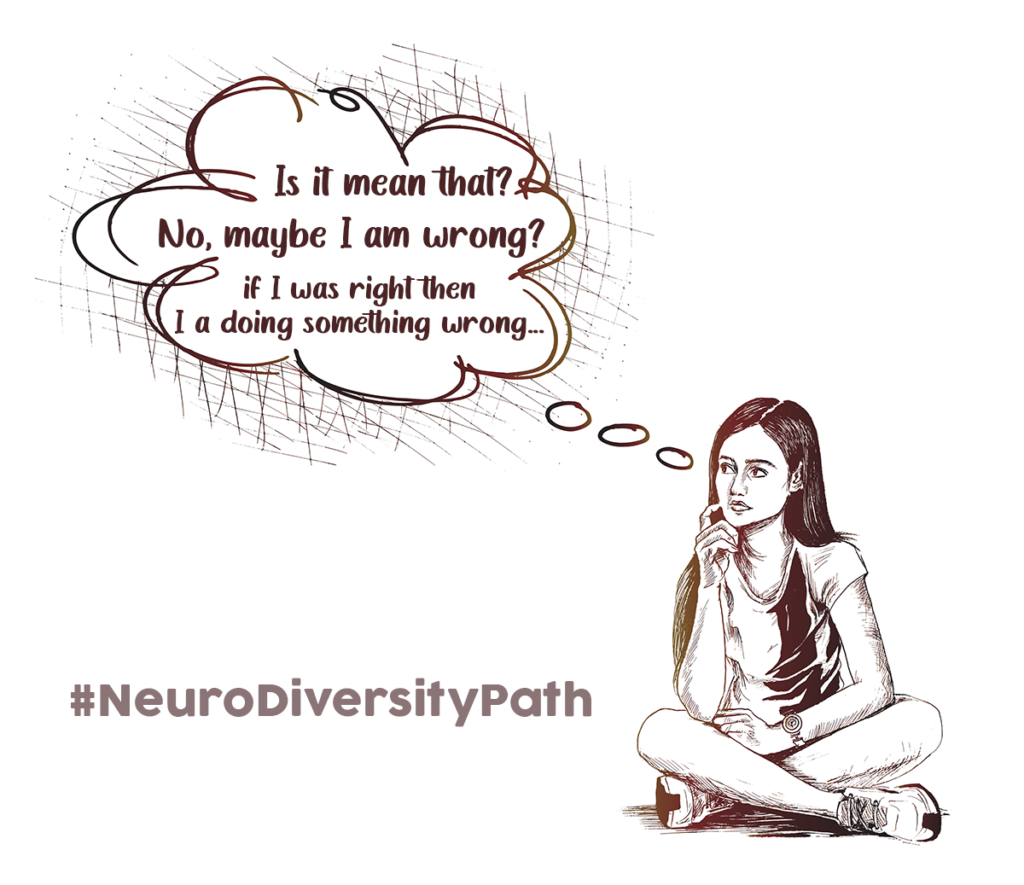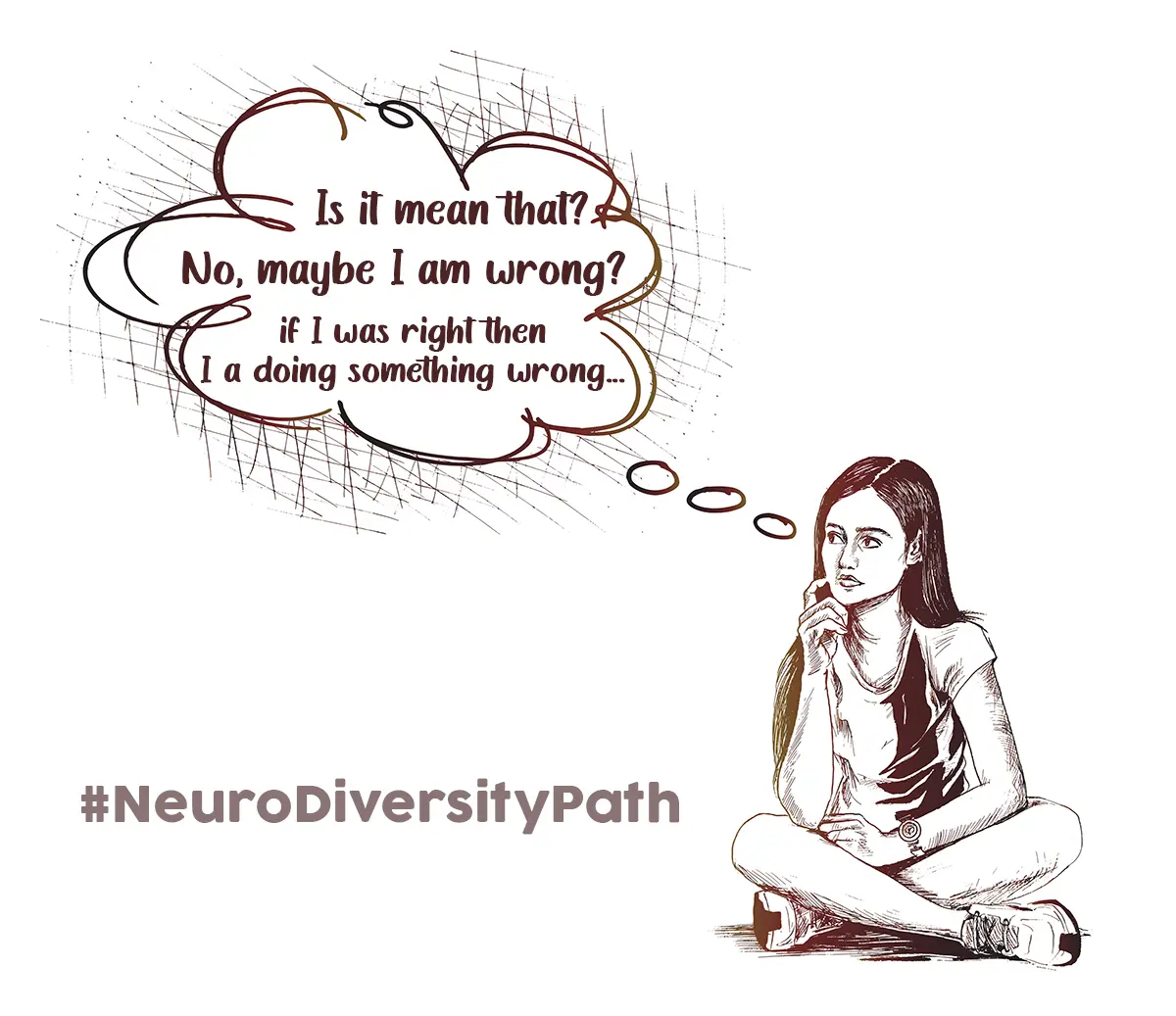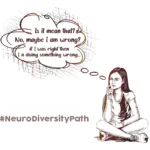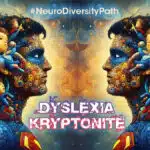In an era where dyslexia is often overshadowed by widespread misconceptions, its true nature is obscured by narratives that focus predominantly on deficits. However, a deeper examination reveals a profound reality: dyslexia is far from a mere cognitive glitch. It is a complex and multifaceted attribute that offers a rich tapestry of unique perspectives and exceptional strengths. This discourse aims to peel back the layers of misunderstanding surrounding dyslexia, highlighting its transformative power as a source of diversity and creativity within the human cognitive spectrum. By challenging the dominant narratives, we strive to shed light on dyslexia’s true essence, advocating for a more inclusive and enlightened perspective. This journey seeks to celebrate dyslexia’s intrinsic value, recognizing it as a remarkable feature that significantly enriches our collective human experience and contributes to a more vibrant and innovative society.
Beyond Misconceptions: Dyslexia as a Cognitive Feature
The Lens of Neurodiversity
Within the traditional discourse, dyslexia has frequently been confined to the narrow definition of a deficit, primarily characterized by challenges in reading and writing. This limited perspective fails to capture the full scope of dyslexia’s complexities. However, by embracing the paradigm of neurodiversity, we can transcend this deficit model and recognize dyslexia not as an anomaly, but as a vibrant and integral part of human cognition. Dyslexia shouldn’t be viewed as a flaw to be corrected, but as a unique attribute that contributes to the rich tapestry of human experiences. It exemplifies the kaleidoscopic spectrum of cognitive variations that enhance our collective experience.
Through this more inclusive lens, we embark on a journey of understanding and appreciation, acknowledging dyslexia as a source of richness, complexity, and resilience. This perspective allows us to see dyslexia as an invaluable element within the diverse mosaic of human experience, celebrating its unique contributions to society.
Unlocking Unique Perspectives
1- Cognitive Paradoxes Unveiled
Delving into the intricacies of dyslexia uncovers a fascinating paradox. While individuals with dyslexia may face significant challenges in traditional literacy skills, such as reading and writing, these difficulties often coexist with an impressive array of cognitive strengths that transcend conventional boundaries. This unique combination of challenges and strengths highlights the multifaceted nature of dyslexia, revealing how it can catalyze exceptional abilities in areas such as problem-solving, creative thinking, and spatial reasoning.
Dyslexic individuals frequently demonstrate remarkable talents in these domains, which are often overlooked or underestimated within traditional educational frameworks. By appreciating these cognitive strengths, we can better understand the diverse potential of dyslexic individuals and celebrate how they contribute to the richness and diversity of human cognition.
2- Cognitive Assets and Research Evidence
Research conducted by Shaywitz et al. (2003) provides compelling evidence that dyslexic individuals frequently exhibit heightened spatial reasoning abilities, enhanced visual thinking skills, and remarkable problem-solving aptitude. Furthermore, studies by Fawcett and Nicolson (2008) have illuminated the correlation between dyslexia and enhanced creativity, suggesting that the unique cognitive profile of dyslexic individuals fosters a propensity for divergent thinking and unconventional problem-solving approaches.
3- Embracing Multifaceted Perspectives
By embracing dyslexia as a multifaceted feature rather than a limitation, we move beyond the narrow confines of traditional measures of intelligence. This shift allows us to adopt a more inclusive paradigm that recognizes and values the diverse spectrum of human cognition. In this broader context, we can unlock the full potential of individuals with dyslexia. Their unique perspectives and cognitive strengths become powerful assets, driving progress and innovation in various fields.
Dyslexic individuals often excel in areas such as creative problem-solving, spatial reasoning, and strategic thinking. By valuing these skills, we not only support their personal growth but also enhance our collective ability to tackle complex challenges. This approach fosters a more dynamic and inclusive society, where every individual’s contributions are recognized and valued.
Dyslexia’s Creative Edge: Thinking Beyond Words

Visual Thinking Superpower
Dyslexia, often misconstrued solely as a challenge in decoding written language, belies a deeper truth: within the intricate folds of dyslexic cognition lies a potent ability—visual thinking. Contrary to popular perception, this cognitive challenge coexists harmoniously with a remarkable capacity for visualizing complex concepts and devising creative solutions. Remarkable dyslexic individuals, such as Albert Einstein, harnessed this visual thinking superpower to transcend conventional limitations, conceptualizing abstract notions with unparalleled clarity and tackling problems with ingenuity.
Empowering Dyslexic Individuals: Recognizing Strengths
Resilience and Determination
Navigating a world designed primarily for conventional learners demands an extraordinary level of resilience, adaptability, and determination. Dyslexic individuals cultivate these traits through their unique journeys, often facing and overcoming numerous obstacles that others might not encounter. This process of constant adaptation and perseverance builds a robust foundation for success in various aspects of life.
The challenges they encounter serve as catalysts for developing strong problem-solving skills and creative thinking. It’s not merely about overcoming these challenges; it’s about thriving despite them. Dyslexic individuals often emerge stronger and more resourceful, turning their perceived weaknesses into formidable strengths.
Shifting Perspectives: Dyslexia as a Valuable Asset
Rather than focusing solely on providing accommodations, society should shift towards recognizing and celebrating the strengths that dyslexic individuals bring to the table. Dyslexic individuals possess unique cognitive abilities that can offer significant benefits in various fields. Employers, educators, and communities have a vital role in creating environments that not only accommodate but actively embrace diverse cognitive styles.
By fostering inclusive settings, we cultivate a culture where dyslexia is perceived not as a limitation but as a valuable asset. This approach encourages a broader appreciation of the varied ways people think and learn, ultimately leading to richer, more dynamic, and more successful workplaces and educational institutions.
Redefining Learning Disabilities for a Neurodiverse Future
Redefining dyslexia from a deficit to a feature represents a significant shift in how we understand cognitive diversity. This new perspective invites us to acknowledge and appreciate the unique strengths that dyslexic individuals possess. It encourages us to recognize the profound impact they have on our shared intellectual landscape.
Contrary to conventional perceptions, dyslexia should not be seen as a hindrance. Instead, it is a distinct characteristic that adds to the richness of our multifaceted human experiences. By appreciating dyslexia as a valuable and integral part of cognitive diversity, we can better understand how it contributes to creativity, problem-solving, and innovative thinking. This approach enriches our society in profound ways, fostering a more inclusive environment where diverse cognitive styles are celebrated. Embracing this paradigm shift allows us to fully appreciate the contributions of dyslexic individuals, enhancing our collective growth and progress.





